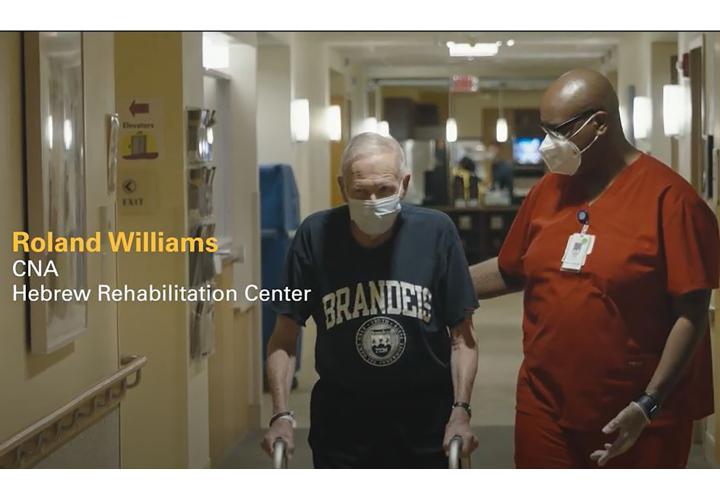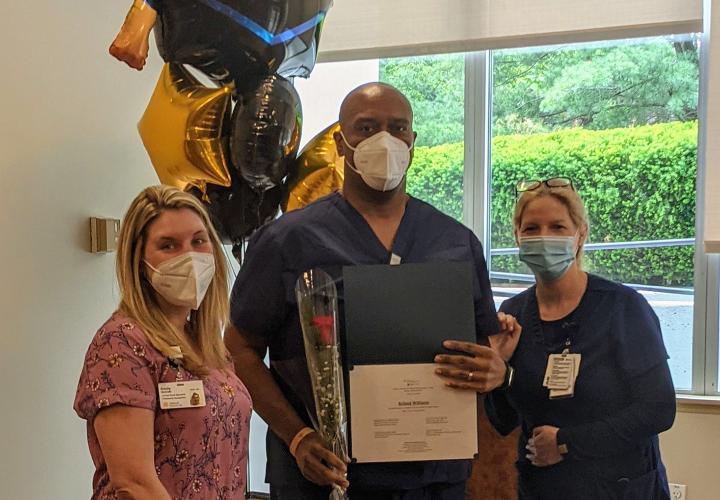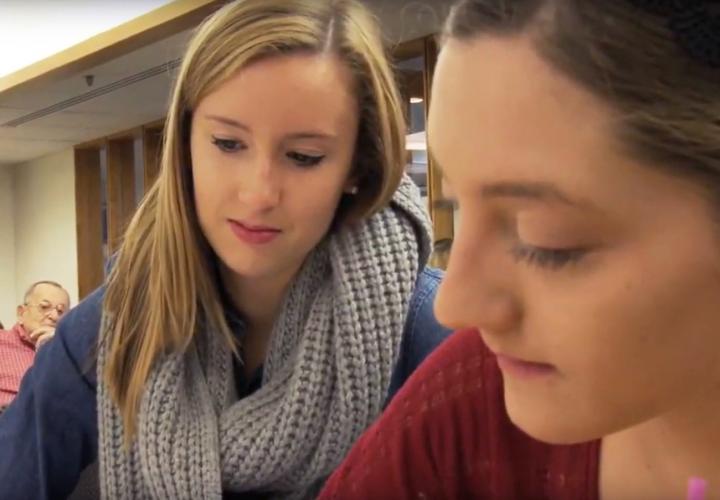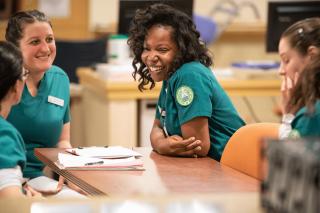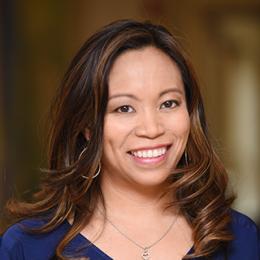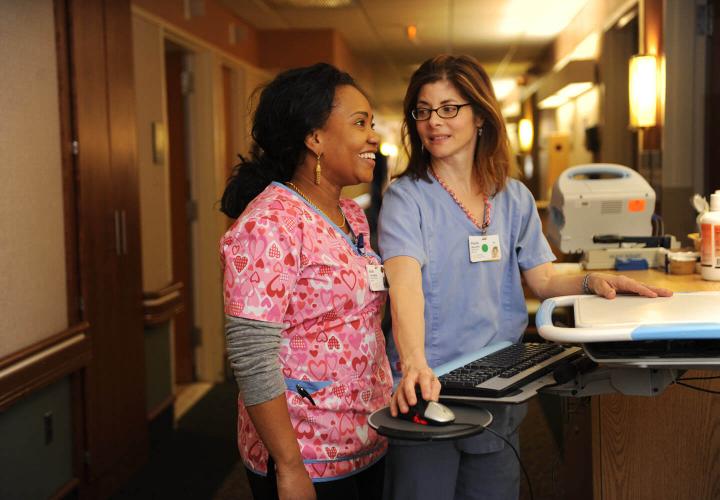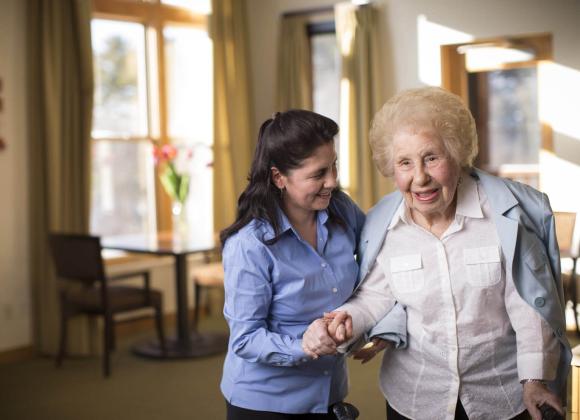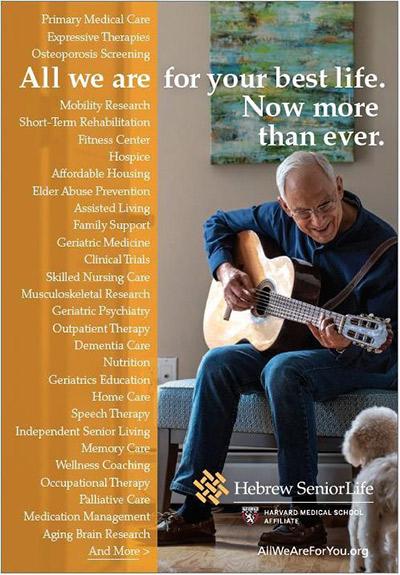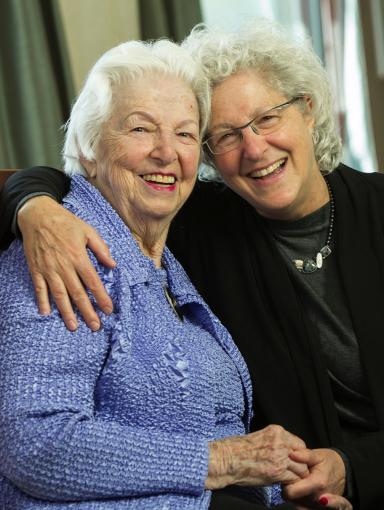In June, the U.S. Census Bureau announced that the average age of the U.S. population reached a new high of nearly 39 years old. Today, roughly three million older adults who belong to a sexual and gender minority (individuals who self-describe as LGBTQ+ or as having discordant gender and sex assigned at birth) live in the U.S., a number that is projected to grow to more than five million by 2030. Prior studies have demonstrated that this demographic is at disproportionate risk of chronic conditions, mental health issues, cognitive decline, and health risk behaviors compared to the general population. However, there’s little data available to characterize the way this population is aging.
In a new study led by Chelsea N. Wong, M.D., an advanced geriatric medicine fellow at Beth Israel Deaconess Medical Center, investigators developed an index to describe and compare frailty—a measure of physiological reserve or vulnerability—between older sexual and gender minority (OSGM) adults and non-OSGM participants. Using the frailty index they constructed, Wong and colleagues showed that, overall, OSGM had higher rates of frailty, starting at younger ages and continuing into older age, compared to non-OSGM. The team’s work appears in the Journal of Gerontology: Medical Sciences.
“We found that older individuals who belong to sexual and gender minorities have a higher burden of frailty, maintained across the lifespan and a higher magnitude of mortality risk,” said Wong, who is also entering a T32 post-doctoral fellowship with the Harvard Translation Research in Aging Training Program at Hebrew SeniorLife. “To our knowledge this is the first study to examine frailty among this marginalized population.”
Frailty is the state of vulnerability caused by age-associated decline across multiple functions, and it is associated with an increased risk of falls, disability, hospitalization, and mortality. While no single symptom confirms a frailty diagnosis, it commonly involves muscle loss and weakness, fatigue, slow walking speed, and impaired cognition. Taken together, the symptoms of frailty can lead to social isolation or make independent living impossible.
Wong and colleagues constructed their frailty index using data from the All of Us Research Program, a program funded by the National Institutes of Health designed to recruit a diverse cohort of participants who have been historically underrepresented in biomedical research. The team built their frailty index to calculate based on 33 factors where individuals may experience deficits, including cognition, cardiovascular diseases, the ability to bathe or run errands alone, maintain a social life, fatigue, anxiety and depression, hearing and sight.
When the researchers applied the Frailty Index to a sample of more than 76,000 eligible All of Us participants, they saw clear patterns. The 9,110 OSGM participants had a higher burden of frailty than their counterparts, with 41 percent robust (not frail), 34 percent pre-frail, and 26 percent frail. In comparison, non-OSGM participants, 50 percent were robust, 32 percent were pre-frail and 19 percent were frail. Further, the risk of mortality associated with frailty was higher among OSGM compared to non-OSGM.
These disparities, the authors note, are understood through the minority stress theory, which describes how the external stressors of discrimination become internalized. Previous research has demonstrated that minority stress is associated with negative health consequences, including changes in inflammation immune and endocrine function, which in turn contribute to poor cardiovascular, metabolic, and immunologic clinical outcomes.
“This current generation of older adults who identify as sexual and gender minorities experienced significant events specific to their minority identity, including homosexuality being officially labeled as a mental illness, the Lavender Scare where there was mass dismissal of SGM workers from U.S. government employment, and the advent of the HIV/AIDS epidemic,” said Wong. “The minority stress experience of chronic additive stress associated with social stigmatization and discrimination may lead to systematic inflammation and contribute to the development of frailty at relatively younger ages. These findings emphasize the need for early geriatric assessment among OSGM and future work should identify potential targets to mitigate frailty.”
Co-authors included Michael P. Wilczek, PhD, Louisa H. Smith, PhD, Robert Cavanaugh, M.S., PhD, Justin Manjourides, PhD, Brianne Oliveri-Mui, PhD, and Jordon D. Bosse, PhD, R.N., of Northeastern University; Erin L. Richard, PhD of University of California San Diego; and Ariela R. Orkaby, M.D., MPH, of Veterans Affairs Boston Healthcare System and Brigham & Women’s Hospital.
Orkaby is supported by the U.S. Department of Veterans Affairs (grant VA CSR&D CDA-2 award IK2-CX001800). The All of Us Research Program is supported by the National Institutes of Health (NIH). Please see the publication for a complete list of grants. The authors report no conflicts of interest.
About Beth Israel Deaconess Medical Center
Beth Israel Deaconess Medical Center is a leading academic medical center, where extraordinary care is supported by high-quality education and research. BIDMC is a teaching affiliate of Harvard Medical School, and consistently ranks as a national leader among independent hospitals in National Institutes of Health funding. BIDMC is the official hospital of the Boston Red Sox.
Beth Israel Deaconess Medical Center is a part of Beth Israel Lahey Health, a health care system that brings together academic medical centers and teaching hospitals, community and specialty hospitals, more than 4,800 physicians and 36,000 employees in a shared mission to expand access to great care and advance the science and practice of medicine through groundbreaking research and education.
About Hebrew SeniorLife
Hebrew SeniorLife, an affiliate of Harvard Medical School, is a national senior services leader uniquely dedicated to rethinking, researching, and redefining the possibilities of aging. Hebrew SeniorLife cares for more than 3,000 seniors a day across six campuses throughout Greater Boston. Locations include: Hebrew Rehabilitation Center-Boston and Hebrew Rehabilitation Center-NewBridge in Dedham; NewBridge on the Charles, Dedham; Orchard Cove, Canton; Simon C. Fireman Community, Randolph; Center Communities of Brookline, Brookline; and Jack Satter House, Revere. Founded in 1903, Hebrew SeniorLife also conducts influential research into aging at the Hinda and Arthur Marcus Institute for Aging Research, which has a portfolio of more than $85 million, making it one of the largest gerontological research facilities in the U.S. in a clinical setting. It also trains more than 1,000 geriatric care providers each year. For more information about Hebrew SeniorLife, visit our website or follow us on our blog, Facebook, Instagram, Twitter, and LinkedIn.
